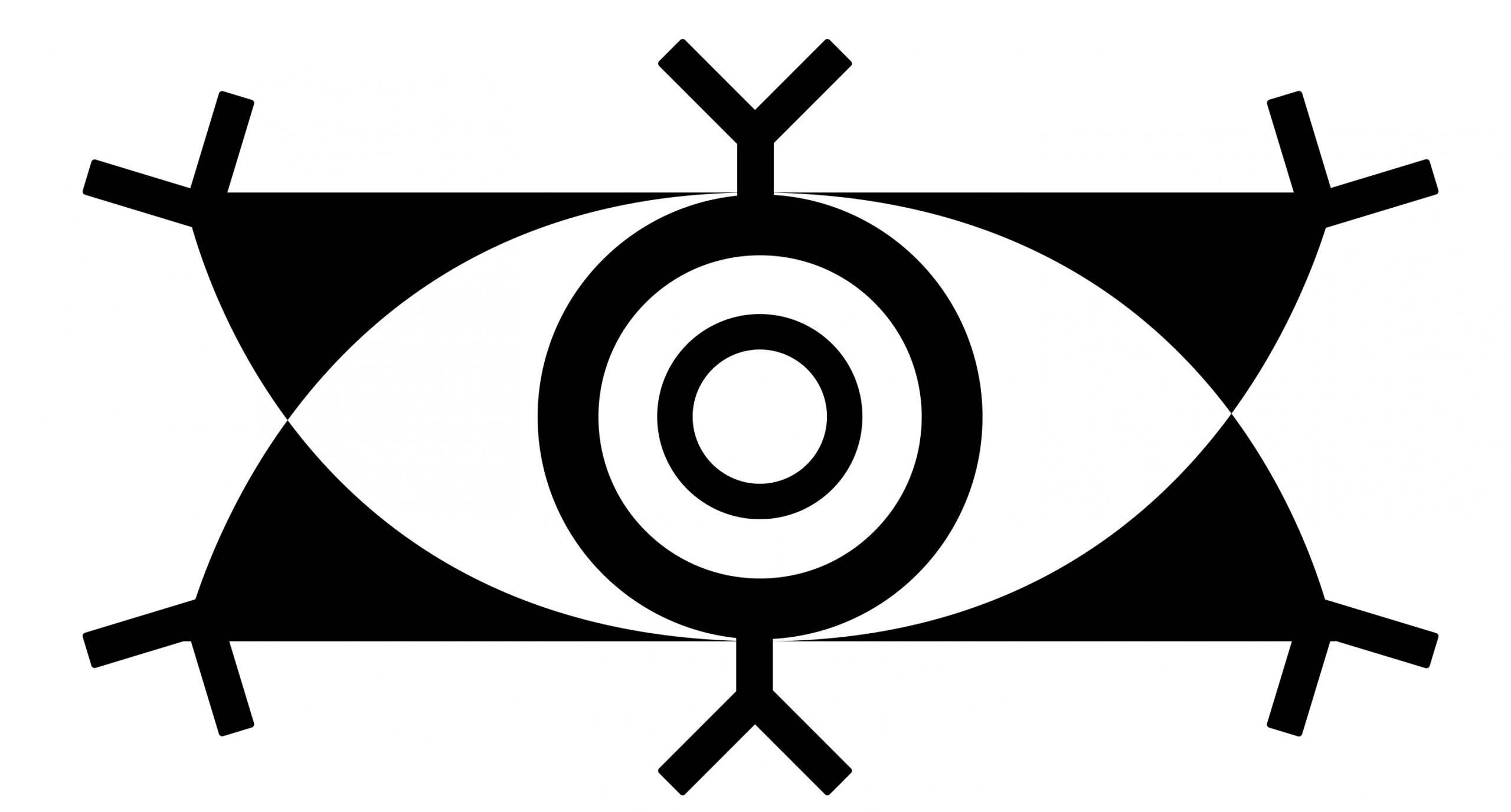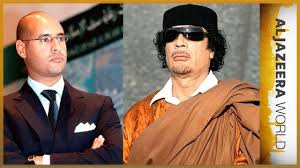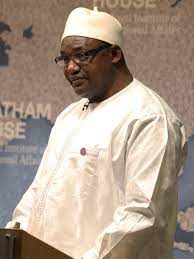The late Libyan leader Muammar Gaddafi’s son could compete in the next presidential elections. On Thursday, the Libyan court ruled, overruling the decision of the country’s top electoral body to disqualify him. Libyan media outlets reported that a court in the southern province of Sabha has ruled in favour of Seif al-Islam Gaddafi.
The court was unable to meet to hear the appeal for nearly a week after the building was surrounded by gunmen who prevented judges from entering.
The reason for his disqualification last week, by Libya’s high Elections Committee, was based on the citing of prior convictions related to the use of violence against protesters. The candidate had appealed against the ruling. It is not clear whether further legal challenges could be brought against Seif’s al-Islam’s candidacy as the first round of voting is slated to begin on December 24, although a few disputable issues must be resolved before that date.
On Twitter last Thursday, Muammar Gaddafi’s son, Seif al-Islam thanked the judges for putting their personal safety at risk, saying they had done so in the name of truth.
Since a NATO-backed revolt toppled Muammar Gaddafi in 2011, Libya has been ravaged by chaos. The prosperous economy and national infrastructure built by the Muammar Gaddafi – led administration has been destroyed. Many lives have been lost with no end in sight to the destruction and killings. The elections come after years of attempts by the U.N. to restore governance and bring an end to the NATO-instigated civil war that has ravaged the country.

Over the past decade, control of Libya has been torn between a government in the east, supported by the powerful commander Khalifa Hifter, and a U.N backed administration, in Tripoli, helped by various Libyan militias based in the west. The conflict has not been without external influence as each side has the help of mercenaries and foreign forces.
Seif al-Islam was tried in 2015, by a court in Tripoli, for using violence against protesters during the 2011 Libyan uprising and sentenced to death. This sentence was later questioned by rival Libyan authorities. Seif al-Islam is also wanted by the International Criminal Court for his actions during the NATO-backed uprising that ousted his father, Muammar Gaddafi.
The upcoming vote faces many challenges, including disputes over electoral laws, occasional violent clashes between armed groups, the deep rift that remains between the east and west parts of Libya and the presence of thousands of mercenaries and foreign troops.
Currently, The country is governed by an interim government. This government was elected by Libyan delegates after U.N led talks in Geneva in February. Hifter, and the country’s interim prime minister, Abdul Hamid Dbeibah including several other prominent figures have submitted their nomination papers. In recent days, local courts have looked into several appeals against the candidates.
In addition, on Thursday, the country’s high electoral commission said gunmen attacked four different polling stations in the city of Azizia and one in the capital Tripoli. The commission also said the gunmen stole or destroyed more than 2,000 voting cards to be used for the election, which eligible voters are expected to carry on the day of the election.








